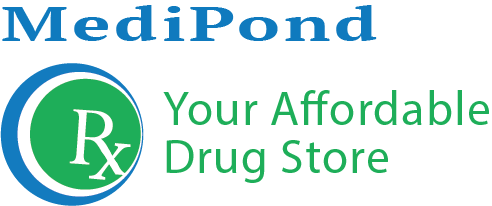progesterone 100 MG Oral Capsule
Common Brand Name(s): PROMETRIUM
SKU
progesterone-100-MG-Oral-Capsule
Progesterone is a type of female hormone (progestin). This medication is similar to the progesterone that your body naturally makes and is given to replace the hormone when your body is not making enough of it. In women who are not pregnant and not going through menopause, this medication is used to restore normal menstrual periods that have stopped for several months (amenorrhea). Progesterone is also used as part of combination hormone replacement therapy with estrogens to reduce menopause symptoms (e.g., hot flashes). Progesterone is added to estrogen replacement therapy to reduce the risk of cancer of the uterus. This medication is not for use in children. Progesterone must not be used to test for pregnancy.
Nausea, bloating, breast tenderness, headache, change in vaginal discharge, mood swings, blurred vision, dizziness, or drowsiness may occur. If any of these effects persist or worsen, notify your doctor or pharmacist promptly. Remember that your doctor has prescribed this medication because he or she has judged that the benefit to you is greater than the risk of side effects. Many people using this medication do not have serious side effects. Tell your doctor right away if any of these serious side effects occur: unusual vaginal bleeding (e.g., spotting, breakthrough bleeding), mental/mood changes (e.g., depression, memory loss), swelling of the hands/feet, frequent/burning/painful urination, breast lumps, dark patches on the skin or face (melasma), yellowing eyes/skin, stomach/abdominal pain, persistent nausea/vomiting, dark urine, unusual tiredness. This medication may rarely cause very serious (possibly fatal) problems from blood clots (e.g., heart attack, stroke, blood clots in the lungs or legs, blindness). Seek immediate medical attention if you experience any of the following: chest/jaw/left arm pain, weakness on one side of the body, trouble speaking, difficulty walking, sudden vision changes (e.g., blurred/double vision, loss of vision, bulging eyes), confusion, sudden severe headache, severe dizziness, fainting, trouble breathing, coughing up blood, pain/redness/swelling/weakness of the arms/legs, calf pain/swelling that is warm to the touch. A very serious allergic reaction to this drug is rare. However, seek immediate medical attention if you notice any symptoms of a serious allergic reaction, including: rash, itching/swelling (especially of the face/tongue/throat), severe dizziness, trouble breathing. This is not a complete list of possible side effects. If you notice other effects not listed above, contact your doctor or pharmacist. In the US - Call your doctor for medical advice about side effects. You may report side effects to FDA at 1-800-FDA-1088 or at www.fda.gov/medwatch.
Write a Product Review


